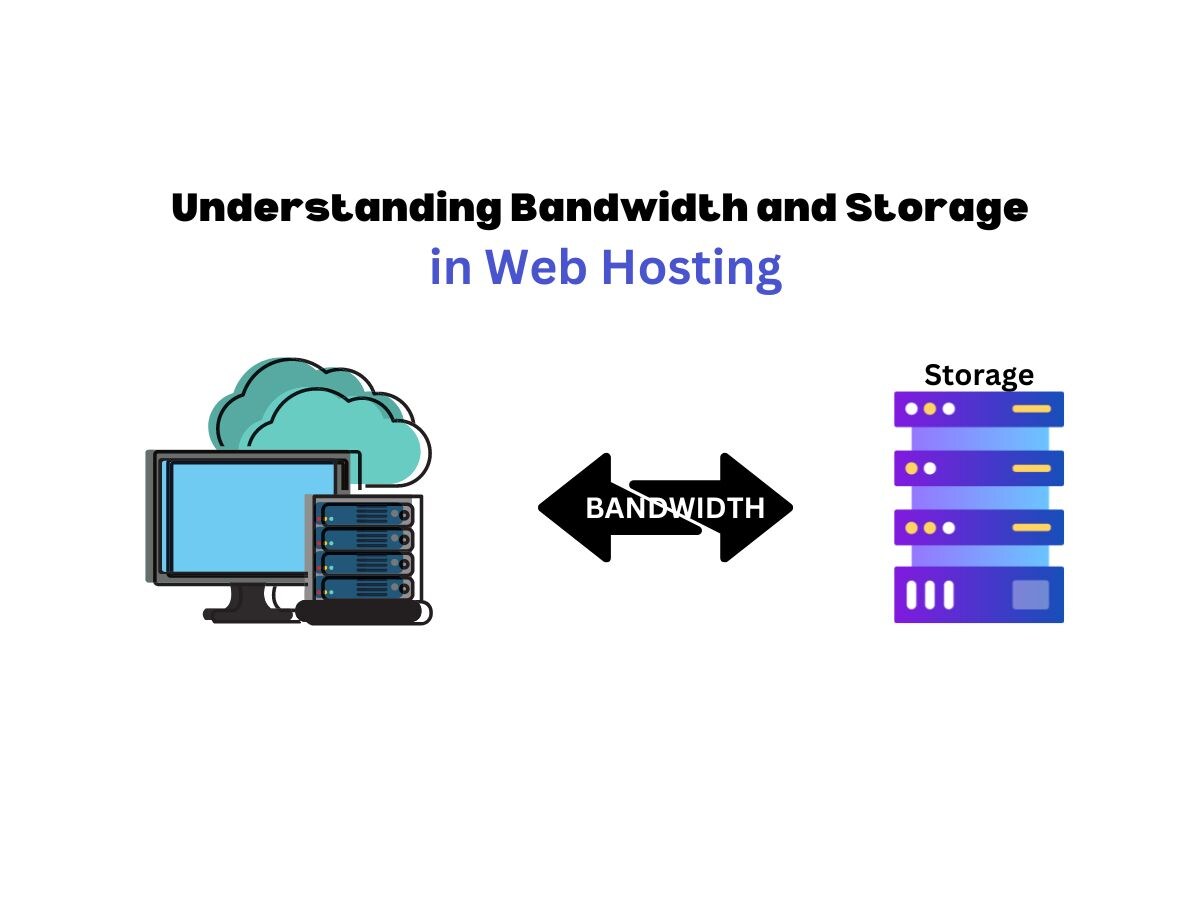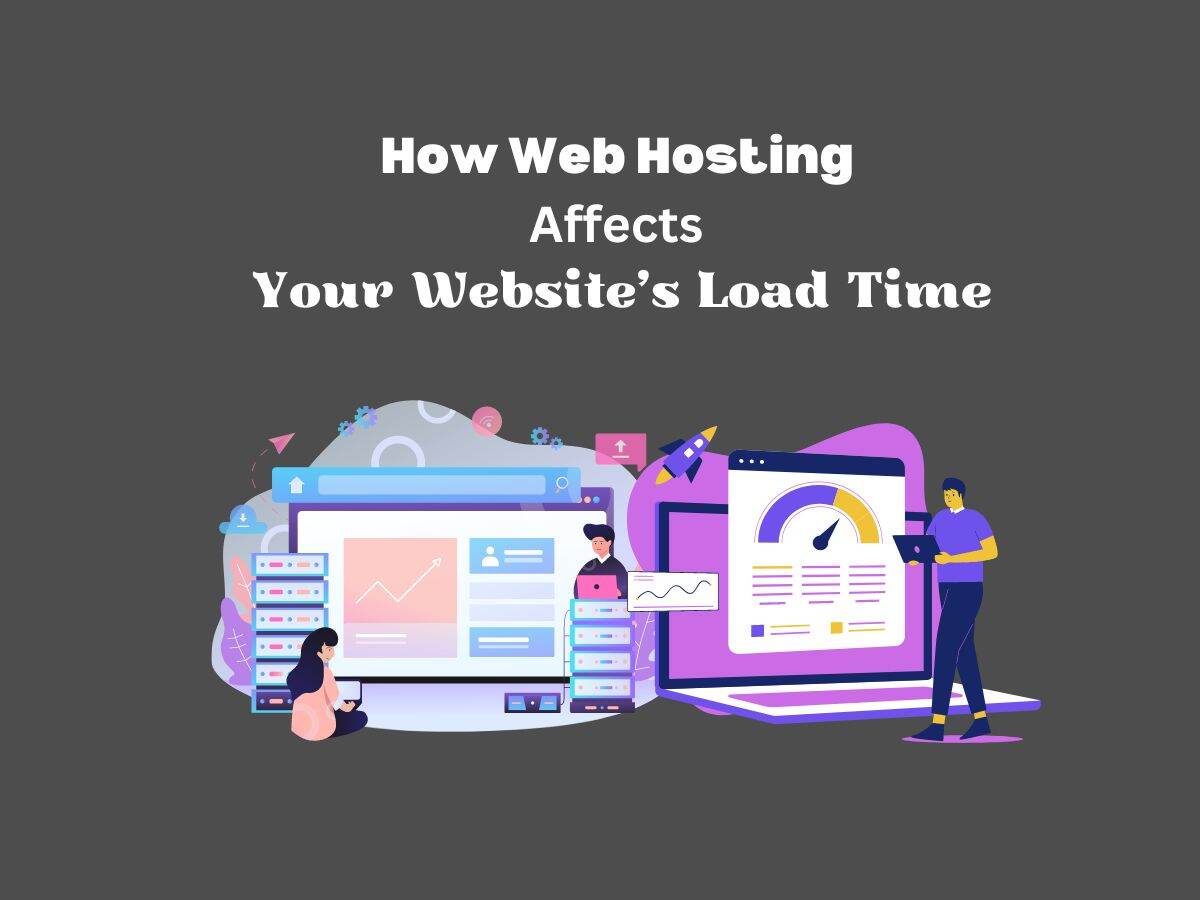
Understanding Bandwidth and Storage in Web Hosting
When selecting a web hosting provider, countless factors come into play, such as cost, customer support, and server location. However, two of the most important elements to consider when choosing bandwidth and storage in Web Hosting. In this article, we will demystify these two crucial factors, explaining what they are and why they matter in the context of web hosting.
What is Bandwidth?
Bandwidth refers to the amount of data that can be transferred between your website, its users, and the internet over a certain period, typically measured in gigabytes (GB) per month. It encompasses all the data exchanged via your website, including:
* Webpages viewed by visitors
* File downloads and uploads
* Images, audio, and video streaming
* Emails sent and received through your domain
* And any other data transmitted from or to your server
Higher bandwidth generally translates to faster loading times and a better overall user experience, provided your server can handle the traffic.
What is Storage?
Storage refers to the amount of disk space allocated to your account on your hosting provider’s server. It includes all website-related files, such as:
* HTML, CSS, and JavaScript files
* Multimedia content, including images, audio, and video files
* Databases and scripts
* Backup files
* Email accounts associated with your domain
The amount of storage required depends on the size and complexity of your website. Websites with large amounts of multimedia content or extensive databases generally require more storage space compared to those with mostly text-based content.
Why Do Bandwidth and Storage in Web Hosting Matter?
Bandwidth and storage are crucial resources that impact both website performance and its associated costs. Here’s why these factors should be at the forefront when selecting a web hosting plan:
Website Performance
Insufficient bandwidth can cause slow page load times and even lead to temporary website unavailability when traffic exceeds the allocated amount. This can negatively impact user experience and potentially cause users to abandon your website. As for storage, if it runs out, you may not be able to add new content or even face website downtime until you upgrade the storage capacity.
SEO Implications
Website loading speeds are an important ranking factor for search engines like Google. A site experiencing slow loading times due to inadequate bandwidth may rank lower in search results, directly affecting its visibility and traffic.
Costs
Exceeding the allocated bandwidth or storage can result in additional fees charged by your hosting provider, depending on the hosting plan you follow. To avoid unexpected costs, it is crucial to choose a hosting plan with enough bandwidth and storage to accommodate both your current and expected future needs.
How to Estimate Your Bandwidth and Storage Needs
Estimating your website’s bandwidth and storage requirements may seem challenging, but the following steps help simplify the process:
1.Evaluate your website’s content and functionality: Identify content types and website functionalities that consume significant bandwidth and storage, such as streaming videos, large images, or extensive databases.
2. Estimate website traffic: Analyzing your anticipated visitor traffic alongside the average page size and the number of pages users are likely to visit provides a rough estimate of your bandwidth requirements.
3. Consider future growth: If your website is expected to grow in size or traffic, factor in additional bandwidth and storage needs to accommodate subsequent expansion.
Conclusion of Bandwidth and Storage in Web Hosting
Understanding bandwidth and storage and their importance in the web hosting context helps you choose a hosting plan that meets both your current needs and the anticipated growth of your website. By considering website performance, SEO implications, and the associated costs, you can make informed decisions that keep your online presence in optimal condition and ensure a smooth, engaging user experience.







